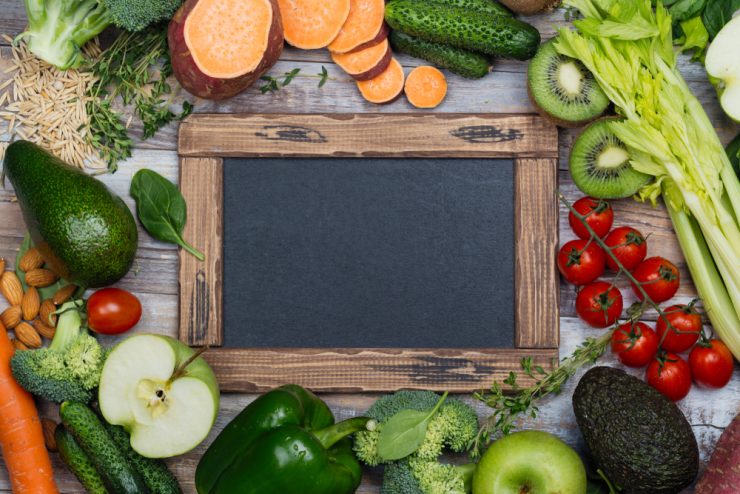Your body’s alkaline and acid balance, also known as pH, can have a significant impact on your overall wellbeing.
Clinical nutritionist Suzie Sawyer explains why ‘going alkaline’ is the way forward for good health.
Life is all about balance! And this is no different when it comes to the body and what it needs to be healthy. The body is a very clever piece of machinery and has many in-built complex systems to help maintain its equilibrium. In fact, the body will always try to maintain a healthy state but, unfortunately, other factors can sometimes get in the way.
ALKALINE VS ACIDIC
One key system in the body works to maintain a slightly alkaline balance, as opposed to acidic. For example, the blood is always slightly alkaline with a pH between 7.35 and 7.45. The stomach is very acidic with a pH below 3.5 in order to stop unwanted invaders and to break down foods. The overriding fact is the more acid your diet contains, the more it challenges this system. Foods that are predominantly alkaline are generally healthier, so it makes sense to try to eat as many of these as possible every day.
THE BENEFITS OF GOING ALKALINE
There are many claims that a highly alkaline diet helps prevent serious degenerative diseases such as cancer and heart disease. While there is no scientific evidence as such, foods that are recommended within an alkaline diet have high levels of vitamins, minerals, antioxidants and many other nutrients, so that could be a reason for this diet generally improving our health.
So with the promise of more energy, glowing skin, glossy hair, a great immune system, mobile joints, less inflammation in the body and generally feeling great, what’s not to like about ‘going alkaline’.
WHAT TO EAT
Here is some food guidance of what to eat plenty of and what to eat in moderation.
Alkalising foods: eat more of these
Vegetables – especially green leafy ones, salads, cucumber, sweet potatoes, and avocado
Herbs and spices – turmeric, coriander, basil and ginger
Beans and pulses – lentils, chickpeas and all types of bean
Gluten-free grains – quinoa, chia, buckwheat, amaranth and oats
Low-sugar fruits – especially tomato, avocado, lime, lemon, grapefruit and apple
Nuts, seeds and some fats – coconut, almonds, sunflower and flax
Non-dairy milks – coconut, almond, soya, hazelnut and oat
Oily fish and free range/organic meat – can be eaten in moderation.
Acid-forming foods: eat less of these
Sugar (in all its forms!)
Gluten-containing grains (except oats)
Alcohol
Caffeine
Refined and fast foods
Sweeteners
Most animal protein
Ready-prepared foods
Trans fats (margarine and many cakes and biscuits contain trans fats)
What is interesting and clearly evident here is that the alkalising foods are the healthiest ones. And there’s certainly no shortage of choice. That’s not to say you can’t eat any of the acid-forming foods, just make the alkalising foods a priority.
TRY THIS:
For a great start to the day why not try a simple green and delicious smoothie using ½ avocado, a handful of spinach and kale, a whole cucumber and some bell pepper? Blend it all with some coconut milk or water, or other nut milk, and you will be well on the way to more alkaline lifestyle.
























Add comment